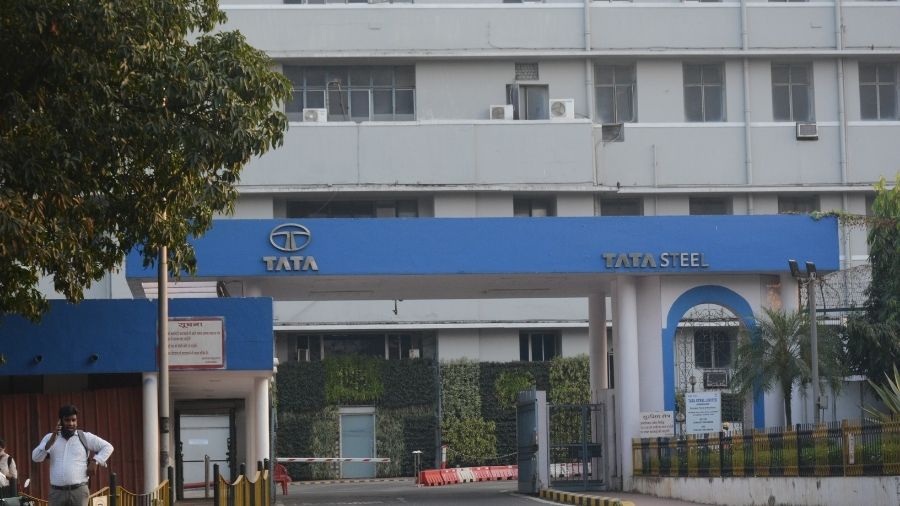Tata Steel has declared that it hopes to reach out to at least two million people annually through its CSR activities and make a meaningful difference to their lives by 2025.
In the 2019-20 financial year, the company had reached out to 1.4 million people living in and around its operational areas and made a positive impact on their lives through its continued and rigorous focus on CSR activities.
"Tata Steel’s signature CSR programmes are designed to create replicable, large-scale models to address the most pressing community challenges on areas such as education, healthcare, tribal identity and livelihood generation," said a statement issued by the company.
It further said that focussed programmes on agriculture, water conservation, rural sports, nutrition and urban slum development were aimed at empowering local communities. "The idea in the long-term is to create a lasting impact on communities," the statement added.
Notably, deep relationships with communities has enabled the company to respond to the Covid-19 pandemic wherein it has meaningfully reached out to more than half-a-million lives across the country.
The company is also committed to co-creating scalable solutions for the communities it serves. “Tata Steel’s overarching vision of an equitable and enlightened society where every individual realises his or her potential with dignity guides the company’s partnerships with, and services to, communities, the statement said.
Sometime back, the company undertook an extensive exercise to understand the perception of communities it intends to serve over the next 10 years. The insights gathered helped the company develop a long-term CSR strategy.
The statement went on to say that rejuvenated CSR strategy was designed keeping three objectives in mind. First, to actualise change models to address core development gaps in Jharkhand and Odisha, while being replicable on a national scale. Second, to enable significant and lasting improvement of communities living in and around the company’s operational areas through identified community development programmes. And third, to embed a societal perspective in key business decisions as an enabler to ensuring community interests.
The new strategy has enabled the steel major to make more focussed interventions in identified domains for the larger benefit of communities.











